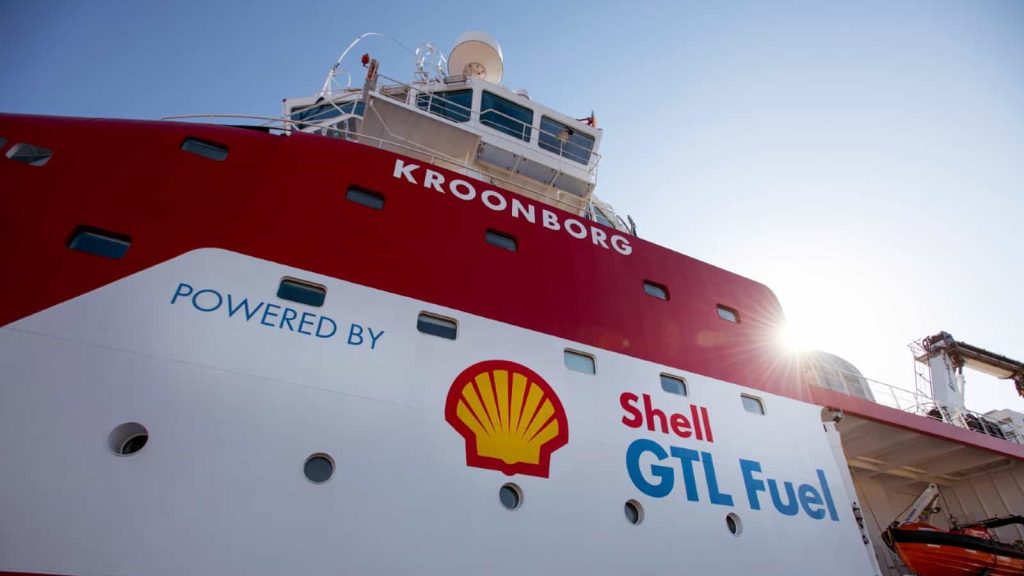Does the BP or Shell share price offer the better value?


Since June 2020, the Shell (LSE:SHEL) share price has risen 96%. In contrast, BP’s (LSE:BP.) has increased by 21%. This mismatch in performance probably explains why rumours persist that the latter could be a takeover target. Indeed, a merger with Shell remains a possibility.
A potential buyer might see this drop in value as an opportunity to acquire a bit of a bargain. With this in mind, let’s take a look at the valuations of the two companies.
1. Balance sheet
The price-to-book (P/B) ratio measures a stock’s market cap relative to its accounting value. A P/B of one indicates that if all a company’s assets were sold for the amounts stated in its accounts — and the proceeds used to clear its liabilities — the cash left over would be the same as its stock market valuation.
Based on its latest published balance sheets (31 March), BP appears to offer the better value. Its share price would have to rise by 12% for its P/B ratio to be the same as that of its larger rival.
| Measure | Shell | BP |
|---|---|---|
| Market cap ($bn) | 209.2 | 80.6 |
| Equity ($bn) | 180.7 | 78.0 |
| Price-to-book ratio | 1.16 | 1.03 |
2. Profit
Another popular valuation technique is the price-to-earnings (P/E) ratio. But to be meaningful, it requires companies to be profitable.
Surprisingly, during the four quarters to 31 March, BP reported a loss of $7.61 a share. However, energy accounting can be complex. That’s why BP prefers to use replacement cost profit (RCP), which removes the impact of price movements on unsold inventories. Using this, BP’s valued at approximately 9.4 times earnings.
Shell doesn’t report RCP. Instead, using more conventional measures, it made a profit of $3.44 a share. This means its P/E ratio is around 10.3.
On paper at least, this is another win for BP. However, we need to be careful as we are not making a like-for-like comparison here.
3. Cash
Over the past four quarters, Shell reported free cash flow of $50.6bn. BP generated $25.1bn.
In simple terms, the former’s twice as cash generative, yet its stock market valuation is 2.5 times higher.
That’s another victory for BP shares.
Final thoughts
Of course, accurately valuing companies is more complicated than this. For example, some point to BP’s large debt pile – it’s equal to 88% of its market cap — as a concern.
However, this type of analysis does give a rough idea as to the respective valuations of the two energy giants.
And on balance, it appears to me that BP offers the better value at the moment. On this basis, investors comfortable with the sector could consider taking a stake. However, they need to be mindful of the risks that come with oil and gas stocks. Namely, earnings can fluctuate significantly due to volatile energy prices, the industry is operationally one of the most difficult to get right, and — due to restrictions of ethical funds — there’s a reduced pool of investors willing to invest.
Ultimately, a stock’s only worth what someone’s prepared to pay for it. It will therefore be interesting to see if Shell’s directors agree that BP looks to be undervalued. Yesterday (26 June), they issued a statement saying they have “not been actively considering making an offer”.
This demonstrates that taking a position on the basis of rumour and speculation would be risky. Buying shares because they appear to be attractively valued is more sensible.
The post Does the BP or Shell share price offer the better value? appeared first on The Motley Fool UK.
Should you invest £1,000 in BP right now?
When investing expert Mark Rogers has a stock tip, it can pay to listen. After all, the flagship Motley Fool Share Advisor newsletter he has run for nearly a decade has provided thousands of paying members with top stock recommendations from the UK and US markets.
And right now, Mark thinks there are 6 standout stocks that investors should consider buying. Want to see if BP made the list?
More reading
- BP share price falls after Shell merger rumours quashed: here’s what you need to know
- Where next for the BP share price?
- As oil prices tick upwards, should investors buy BP shares?
- The BP share price is climbing – see how much £10k invested 1 month ago is worth now
- Here are the 3 most-sold FTSE 100 stocks at Hargreaves Lansdown in the past week
James Beard has positions in Bp P.l.c. The Motley Fool UK has no position in any of the shares mentioned. Views expressed on the companies mentioned in this article are those of the writer and therefore may differ from the official recommendations we make in our subscription services such as Share Advisor, Hidden Winners and Pro. Here at The Motley Fool we believe that considering a diverse range of insights makes us better investors.





